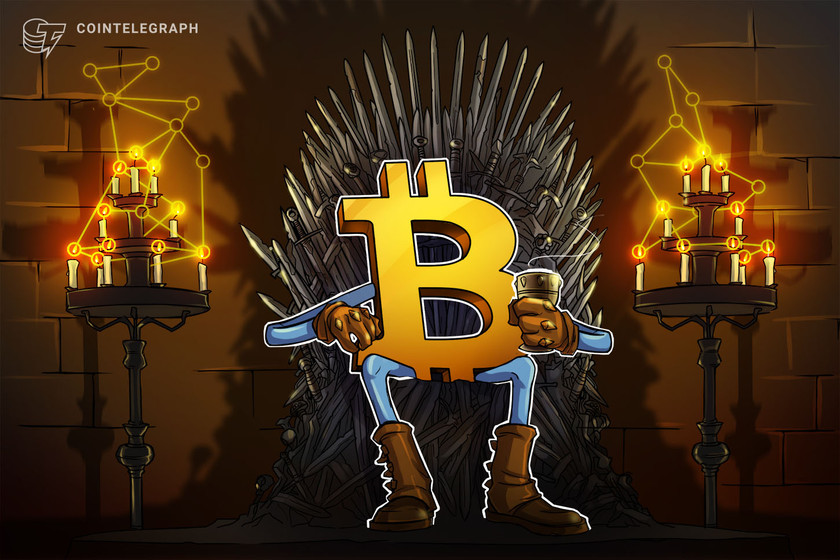BitPay to introduce USDC and ETH payments on Polygon network


Polygon-bridged cryptocurrencies like Ether, USDC, Dai and Wrapped Bitcoin are coming to BitPay later this week.
Major cryptocurrency firm BitPay is expanding the scope of supported blockchain networks, preparing to debut payments in ERC-20 tokens on the Polygon network.
On Oct. 26, BitPay and Polygon jointly announced the integration of Polygon on the BitPay app, allowing customers to spend Polygon-bridged ERC-20 tokens.
The BitPay app is specifically preparing to support payments in tokens like Polygon-based USD Coin (USDC) later this week. USDC developer Circle originally launched the USDC stablecoin on the Ethereum blockchain, bridging it over to Polygon via the Polygon Bridge in June 2022.
Polygon USDC is not the only Polygon-bridged token that is coming to BitPay. BitPay’s chief marketing officer, Bill Zielke, told Cointelegraph that any ERC-20 coins currently supported on BitPay will automatically be open for swaps on the Polygon network.
The current list of upcoming Polygon-supported tokens on BitPay includes Polygon USDC, Polygon Ether (ETH), Polygon Dai (DAI) and Polygon Wrapped Bitcoin (WBTC).
“For new coins in general, including ERC-20 specifically, we are constantly reviewing and evaluating coins,” Zielke said, adding that BitPay has a “few big coins planned.”
With the new development, BitPay merchants will be able to accept Polygon payments from major Polygon wallets. Panini America, a major United States-based sports and entertainment collectibles company, will be the first merchant to adopt the new digital payment option.
“When adding a new coin for merchants to accept, we look at many factors, but among the most important is its payment utility and community involvement,” BitPay CEO Stephen Pair said, adding:
“Adding MATIC to the mix of cryptos that BitPay supports offers businesses a fast, safe and secure alternative to traditional payment methods and paves the way for blockchain payments to disrupt the way consumers and businesses receive and spend funds.”
Polygon-bridged stablecoins are significantly smaller than those running on native blockchains in terms of adoption so far. According to data from DefiLlama, the market capitalization of Polygon-based USDC amounts to roughly $940 million, or just about 2% of all 43.9 million USDC in circulation at the time of writing. Similarly, there is only $130.5 million of Polygon Dai, accounting for 2.3% of the total Dai market cap.
Related: Bitcoin still dominates total payments on BitPay despite the bear market
Polygon’s native token, MATIC (MATIC), has seen some notable growth recently amid major financial institutions beginning to see the potential benefits of adopting Polygon’s technology. In mid-October, Warren Buffett-backed fintech firm Nubank announced the launch of the Nucoin token on the Polygon blockchain.





